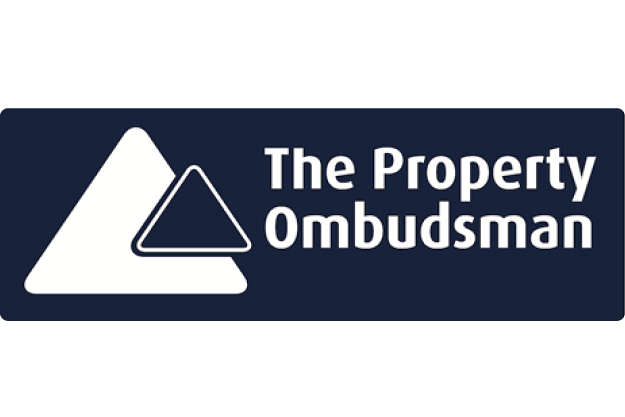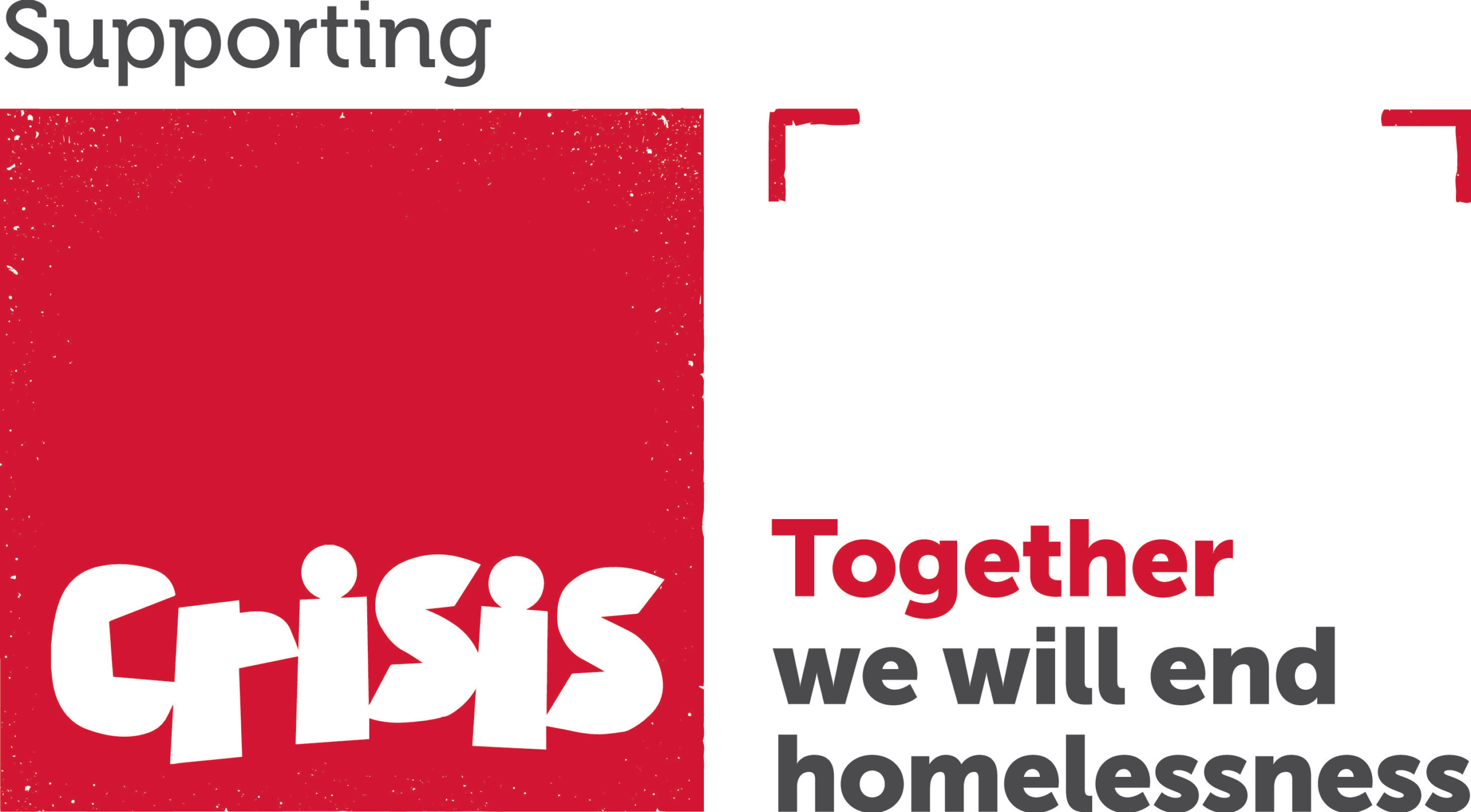The hearts of Britain’s home owners skipped a beat when another housing market survey showed that prices were on a downward spiral. But the headline figures rarely tell the whole story and it’s the same with the property market. Britain is a divided country when it comes to house prices.
Pessimism may be the order of the day in many areas, with the previous mini-boom giving way to a buyers’ market. But in some regions of Britain the property market is still booming. For every caller to the BBC Radio 5 Live morning show last Wednesday worrying about house price falls, there was another recalling how they had sold for a higher price than they expected. One caller from Winchester admitted having gone over the asking price by £32,000 on a property she was completing on this week.
The latest survey from the Royal Institution of Chartered Surveyors (RICS) showed that across England and Wales as a whole, 8pc more estate agents reported a fall than reported a rise in house prices in July, the lowest reading in more than a year. It was in sharp contrast to June, when 8pc more surveyors reported rising rather than falling prices.
But the RICS “balance” figure – the difference between the percentage of agents reporting price rises and the percentage reporting falls – varied from minus 36pc in the East Midlands, the region in which estate agents were most gloomy, to plus 16pc in the North West. London, the North West and the South West are the areas where estate agents are driving their branded cars with smiles on their faces. Everywhere else they reported a glut of sellers, a shortage of buyers and expectations that prices will fall.
Comments from agents in London, where the RICS “score” was plus 14pc, had an optimistic tone. Henry Holland-Hibbert, of Strutt & Parker, said he had just had “the best June ever”, while Benson Beard, of Bective Leslie Marsh, said: “With values now back at 2007 levels in central London I can see more properties coming to the market, which will lead to a levelling of prices for the remainder of the year.” Arwel Griffith, of Robert Sterling in Walthamstow, described a “cautious recovery continuing following the general election”.
Another agent explained why he thought the London market was different from the rest of the country. “London is still a micromarket underpinned by the financial sector, overseas buyers and high-net-worth individuals,” said Brendon Thomas, of Maitlands Acorn. “This is further strengthened by the big infrastructure projects such as the Olympic site and Crossrail.”
London’s apparent immunity from falling property prices did not extend to the South East region, which reported a figure of minus 15pc. Geoffrey Holden, of Parsons Son & Basley in Brighton, said: “With rising numbers of new instructions and reducing numbers of able buyers, prices will fall from current levels.”
While David Oswick, an agent in Halstead, Essex, said many purchasers were “extremely nervous”, there were signs that areas closer to London were more resilient. John Frost, of the Frost Partnership in Beaconsfield, Bucks, said: “Properties in good locations are producing a lot of interest. School catchment areas and proximity to London are positively affecting the market.” But he said first-time buyers were “almost non-existent” because of difficulties with mortgages.
The region with the most buoyant property market was the North West, where the balance of agents reporting price rises was plus 16pc. One, Andrew Holmes, of Carter Jonas, in the south Lake District, described the market as “relatively healthy”, while Ian Macklin, of Timperley in Cheshire, said inquiries were beginning to filter through from BBC employees moving from the South East.
The South West was the only other region to report rising prices, although the RICS figure was a more modest 2pc. Colin Bowden, of Dickinson Bowden, in Dorchester, Dorset, said: “Lack of property will keep prices at the same level. I do not expect prices to increase.”
It’s unusual for estate agents to say property prices are falling – the last thing they want to do is talk the market down – but many of the agents from other areas who contributed to the RICS report were blunt in their assessments. One, in Yorkshire, spoke of the possibility of prices “spiralling downwards through a difficult winter”. Another agent nearby said: “Prices will have to fall.”
In the East Midlands the RICS figure was minus 36pc, the worst in the survey. Edward Wreglesworth, of Escritt Barrell Golding, in Sleaford, Lincolnshire, said: “Prospective purchasers are daunted by negative market and property-value forecasts.” Peter Mountain, of Louth, in Lincolnshire, agreed. “Since HIPs were abolished there has been a marked increase in new instructions and a decrease in sales,” he said. “This can only lead to further price reductions as time goes on.”
And Philip Barnett of Mundy & Co in Lincoln said that while lots of property was coming on to the market, the number of new buyers was static. As a result, there had been “a marked change in supply/demand over the past two months”. It was increasingly important for sellers to be more realistic on pricing, he added.
The market was almost equally depressed in the West Midlands (– 34pc), where agents reported that concern over the outlook for the economy and government cuts was making buyers cautious. “For me, the market is the worst it’s ever been. The Government’s determination to balance the books has undermined confidence,” said Jeremy Dell, from Oswestry, Shropshire.
John Ozwell, of Hunters in Solihull, said sales volumes had fallen between 15pc and 20pc over the previous few weeks. “Uncertainty over jobs, the economy and poor lending levels are probably the joint causes,” he said.
Agents in Wales reporting price falls outnumbered those reporting rises by 25pc. Andrew Morgan of Morgan & Davies in Lampeter said: “The heady days of 2007 seem a long time ago.”
In both the Yorkshire and Humberside and North regions, RICS reported a negative score of 19pc. One agent painted a particularly gloomy picture of his market: “More repossessions are starting to come through and make up a high proportion of monthly sales but at low prices, which could result in values spiralling downwards through a difficult winter,” said Alex McNeil, of Bramleys in Huddersfield.
Paul Cocker of Blundells Professional Services in Sheffield said buyers were worried about employment and mortgages were scarce, adding: “Since HIPs were suspended there has been more stock but fewer buyers; prices will have to fall.”



